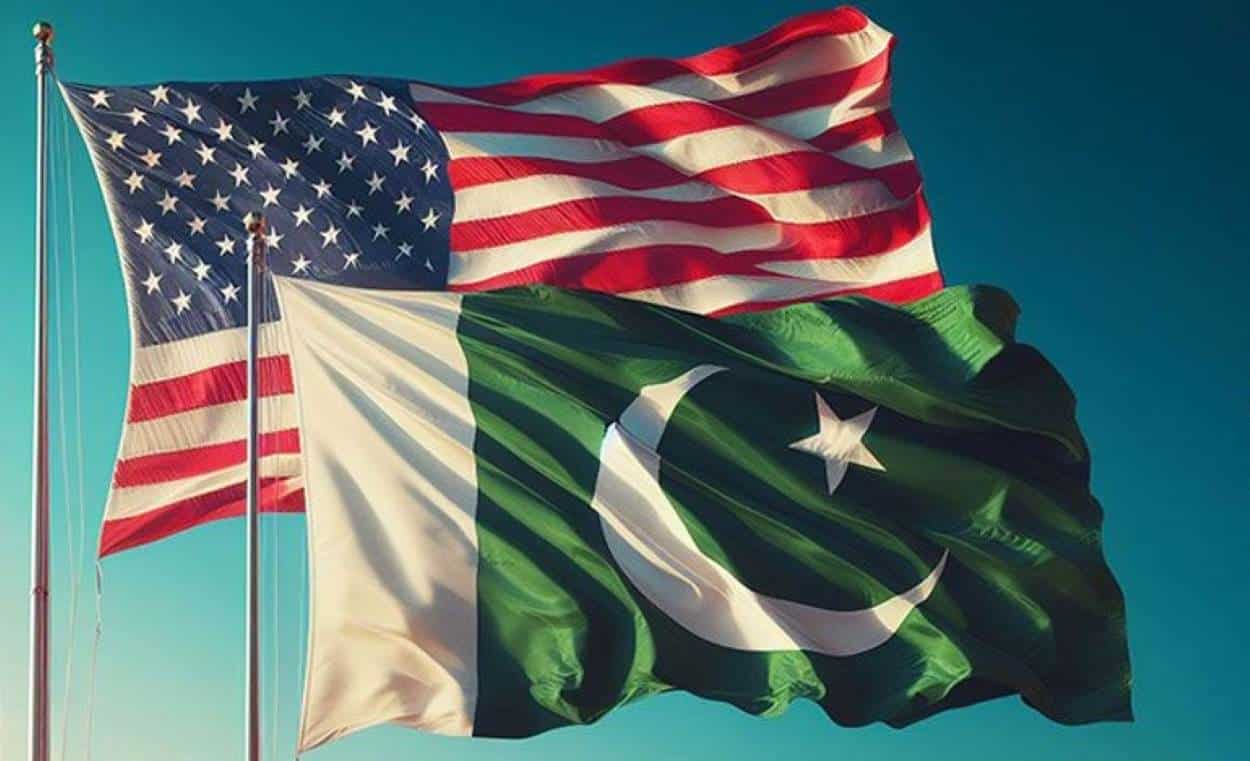The United States expressed support for the ongoing ceasefire between India and Pakistan, following heightened tensions after the April 22, 2025, Pahalgam attack that killed 26 civilians.
A Pakistani parliamentary delegation, led by Bilawal Bhutto Zardari, recently visited Washington to discuss the conflict and counter India’s allegations. This article examines the US stance, diplomatic efforts, and the path toward peace.
The April 22, 2025, terrorist attack in Pahalgam, labelled an “act of terrorism” by New Delhi, prompted India to accuse Pakistan of orchestrating the violence—a claim Islamabad firmly denied. The incident strained bilateral relations, but a ceasefire has since been maintained, with the US supporting de-escalation efforts.
Watch the Department Press Briefing with @statedeptspox Tammy Bruce, from the Press Briefing Room of the State Department. https://t.co/fhMnR46Zzz https://t.co/480BSk22v1
— Department of State (@StateDept) June 10, 2025US State Department spokesperson Tammy Bruce praised President Donald Trump’s leadership in fostering dialogue, calling him “the only one to bring certain people to the table” for unprecedented conversations.
Last week, a Pakistani parliamentary delegation, led by former foreign minister Bilawal Bhutto Zardari, met with Under Secretary of State for Political Affairs Allison Hooker in Washington. Tasked by Prime Minister Shehbaz Sharif, the group presented Pakistan’s perspective on the conflict and refuted India’s unproven allegations. The delegation included prominent figures such as Hina Rabbani Khar, Sherry Rehman, and Jalil Abbas Jilani.
Discussions focused on bilateral relations, counter-terrorism cooperation, and the importance of the ceasefire. Bruce confirmed Washington’s commitment to supporting the truce during the June 10 press briefing.
The Pakistani delegation’s diplomatic tour extends beyond the US, with ongoing visits to London and planned talks in Brussels. This global outreach aims to strengthen Pakistan’s position and foster international support for regional peace efforts.
Tammy Bruce described the current moment as “an interesting time” for progress in the India-Pakistan dispute, crediting President Trump, the Vice President, and the Secretary of State for their diplomatic initiatives. The US sees the ceasefire as a step toward resolving long-standing tensions, with potential for further dialogue.
The US endorsement of the India-Pakistan ceasefire, announced on June 10, 2025, highlights ongoing efforts to stabilise the region after the Pahalgam attack. Pakistan’s diplomatic outreach, led by Bilawal Bhutto Zardari, underscores the importance of dialogue in countering tensions. As global leaders support peace initiatives, the ceasefire offers hope for lasting progress in this historic conflict.






